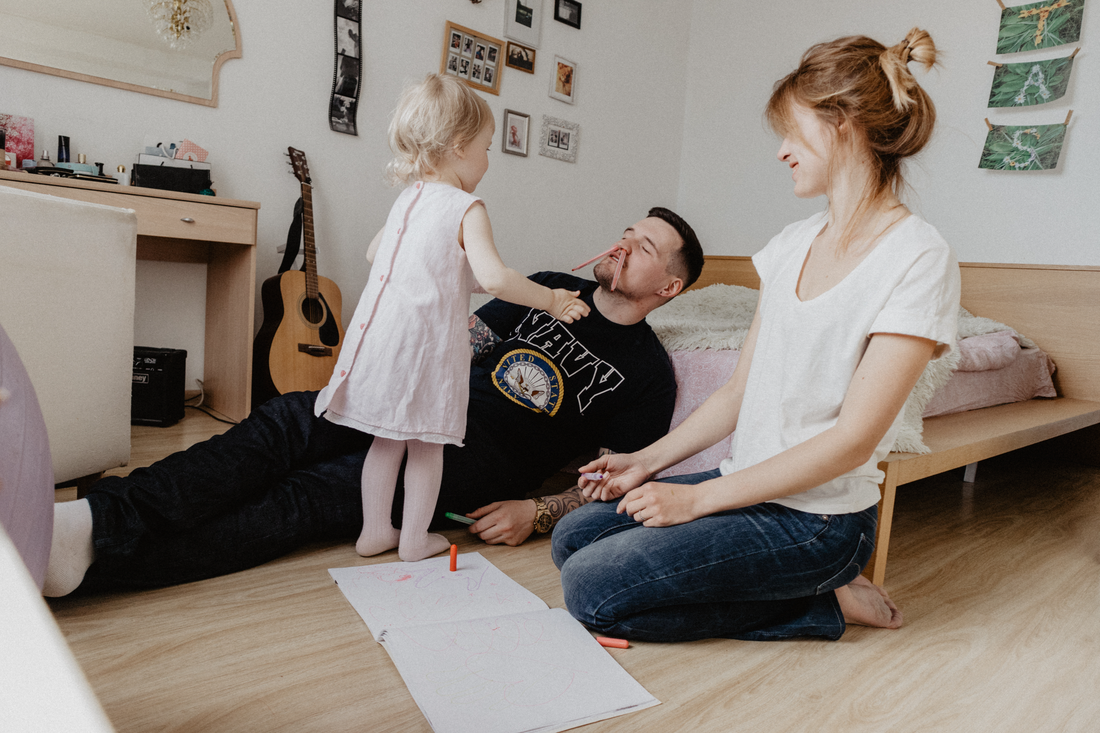|
The decision to stay or to go is not an easy one, and it can feel all-consuming when you are in the middle of making it.  Deciding whether to stay in a relationship or end it seems so black and white from an outside perspective: stay if it’s healthy, and leave if it isn’t. However, there is no such things as black and white when it comes to relationships. The healthiest of relationships still have moments of conflict, and unhealthy relationships can still experience moments of joy. It’s so confusing. Relationships are a lot of work – but where’s the line between normal relationship work and unhealthy dynamics? Even when it’s clear that the line has been crossed, there can still be so much uncertainty. To set the record straight, here are a few reasons why people stay in unhealthy relationships:
LOVE: Love is emotional, not logical. It’s easy to view our relationship with love-blinders on; everybody has positive aspects to them, which is what we fall in love with originally. It’s not the bad that we fall in love with, and with our love-blinders fully fastened, this part can be easy to ignore. Also, just because the relationship is failing, does not necessarily mean that the other person is toxic. Perhaps it’s just not a good match, and this can be difficult to identify. Sure, people can end relationships because they have fallen out of love, but this is not always the case. TIME and MEMORIES: We invest a lot of time into our relationships, and time is arguably the most valuable commodity. Because of this, the thought of starting over can be a deterrent to ending a committed relationship. Also, consider the positive memories that have been created in that time – are they all for nothing? It’s very easy to idolize the positive memories of a relationship when we step away from it and into the painful grief of ending a relationship. Meaning, when we leave, we tend to focus on the good memories and forget or justify the bad, which makes it difficult to stay away. MANIPULATION: It is possible that one partner is manipulating the other into staying in the relationship. This can be in the form of minimizing and dismissing issues, as well as empty promises leading to false hope. In addition, psychological abuse can impact a person’s confidence in their perception of the situation/reality/state of the relationship (which is a form of psychological abuse called gaslighting). If this occurs, issues in the relationship can become internalized, and the victim may blame themselves for issues rather than see the manipulative psychological abuse for what it is. LACK OF CONFIDENCE: When enmeshed in a relationship, individuality can take a back seat. The relationship becomes our world, and personal values, standards, and boundaries that we once set for ourselves regarding relationships have long since been broken. Now, we’re left with an unsettling feeling within the relationship, and a lack of power to do anything about it. When the issues within the relationship become the norm, it can be very difficult to change them. It takes incredible courage, strength, and confidence to leave an unhealthy relationship. SHAME: Ending an unhealthy relationship can feel like airing your dirty laundry. Generally, it goes against our instinct to expose our flaws, mistakes, shortcomings, and perceived failures. Unfortunately, there is no way to end an unhealthy relationship without stepping into all of this. FINANCES: This is certainly a factor. Especially so if the partner that is wanting to leave does not currently have an adequate means to provide financially for themselves. Of course, there are family laws in place to support individuals financially upon separating, but this process can feel so overwhelming and daunting. Also, realistically, finances may be tighter upon separating. This can be stressful, but remember: You can’t put a price on your sanity. CHILDREN: There is a myth that society seems to believe, stating that it is in the children’s best interest for their parents to remain together, despite the state of their parents’ relationship. Consider the implication of this – what do we want our children to learn? Children learn through parental modeling, as in, they learn how to approach the world based on observing their parents’ actions and behaviours. We can teach them that an unhealthy relationship is acceptable, just as we can teach them that it is okay to be brave in order to put themselves first and seek out the joy they deserve in this life. The decision to stay or to go is not an easy one, and it can feel all-consuming when you are in the middle of making it. If you are going through it, be kind to yourself as you sort through your feelings. If you decide to stay, then really stay. Work on enriching your life and the relationship, because we all deserve our own peace and joy. If you decide to go, really go. Put yourself first and know that you’re worth fighting for. Whatever you do, just don’t stay in limbo forever: time goes by whether we are choosing to live or waiting to live. |
|
OverviewNWO’s source for all things relationships, mental health, wellness, lifestyle, and pandemic support. Kelly Magazine is a mental health outreach initiative created by Kelly Mental Health and supported by Kelly Mental Health Foundation, a non-profit organization dedicated to improving the community in the area of mental health.
|
Magazine |
Follow Us |
In support of @kellymentalhealthfndn |
© COPYRIGHT. ALL RIGHTS RESERVED. WEB DESIGN BY KMH




